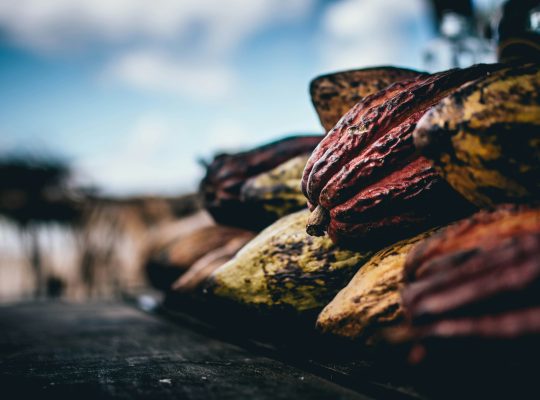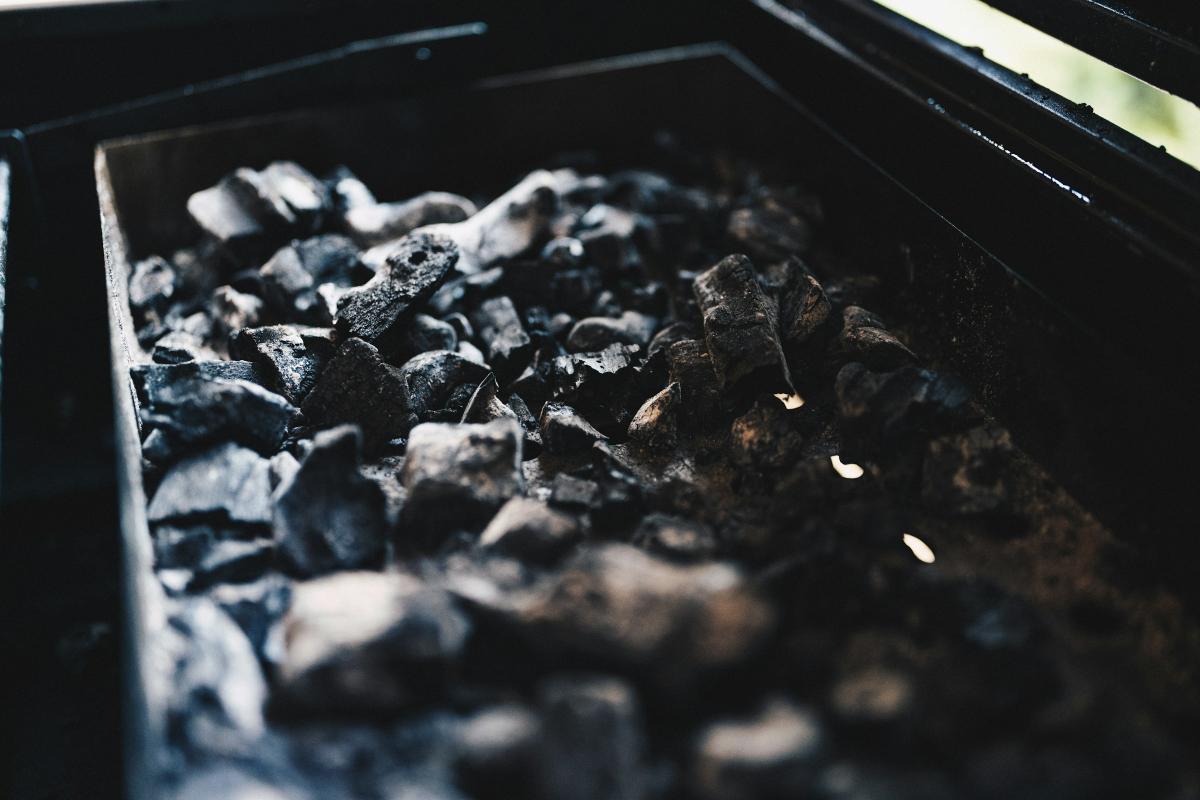In the first three months of its 2024 fiscal year, Geo Energy Resources, an Indonesian coal producer, saw its net profit dive to US$8.7 million, marking a 46% decrease from the US$16 million reported in the same time frame last year.
The company attributed this slump to several factors, including a fall in the volume of coal produced, a dip in the Indonesian coal price, and an uptick in financing expenses, according to their latest stock market update.
During this period, the company’s revenue also suffered, landing at US$99 million, which is 25% less than the previous year. Despite this downturn, the company announced an interim dividend payment of 0.2 Singapore cents per share.
The average price for Indonesian coal over the quarter was US$57.20 per ton, a sharp fall from US$76.60 the year before, impacted by seasonality and adverse weather conditions that hampered production. However, the company managed to sell 1.8 million tonnes of coal and remains hopeful of achieving its annual sales target of 10 to 11 million tonnes, thanks to expected higher volumes in the latter half of the year.
Finance-related expenses surged to US$5.1 million from just US$0.01 million the previous year, following the company’s move to secure term-loan facilities worth US$220 million in October. These funds are earmarked for expansion efforts and the development of comprehensive infrastructure designed to boost annual production to between 20 and 25 million tonnes.
Despite these challenges, the company emphasized that its strategies for keeping costs low and optimizing operations have kept it profitable. This involves efforts to lower the strip ratio and reduce cash costs. The strip ratio is the amount of overburden or waste that must be removed to access a certain amount of ore.
CEO Charles Antonny Melati highlighted coal’s importance as an affordable energy source, especially given rising global concerns over energy security. He anticipates that the ongoing demand for coal will help stabilize prices in 2024 and the years to come.
He noted that economic activities have remained robust, and continued industrial growth is likely to keep the demand for coal steady. With China having built 70 gigawatts’ worth of new coal-fired power plants last year, it stands as a significant source of demand.
Melati concluded by emphasizing the company’s strategic investments and development projects, such as acquiring Golden Eagle Energy and building comprehensive support infrastructure, as key steps towards achieving long-term profitability and growth in Indonesia’s commodity sector.








